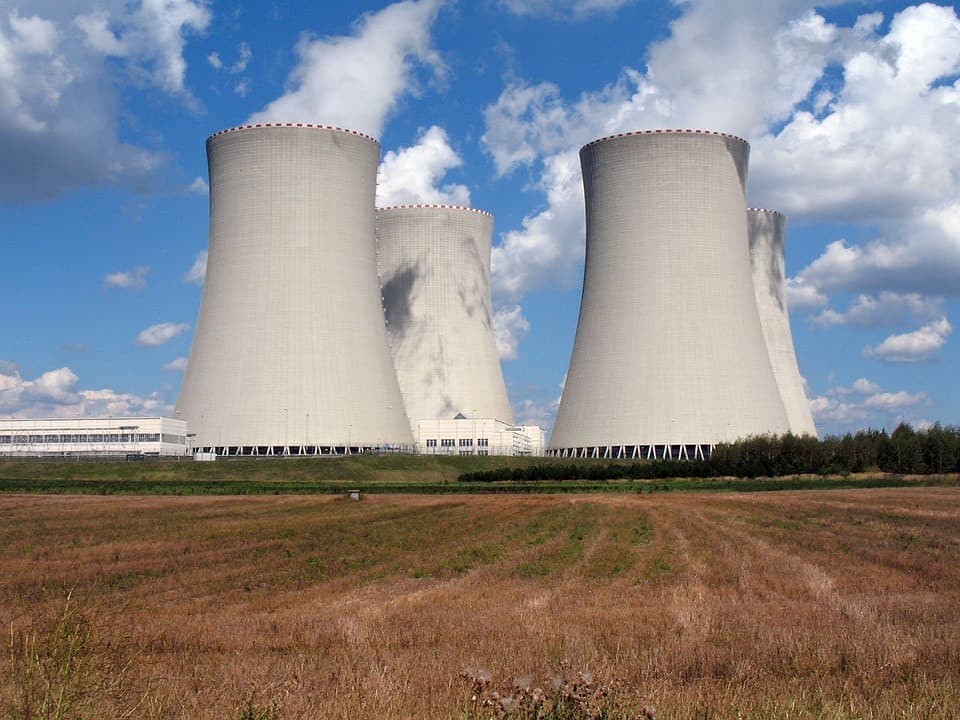Valves are used in any situation that involves liquid, gas, pliable materials or any pressure-related machine. Valves are found anywhere around the world. A simple valve turns on and off the flow of water in a home’s kitchen sink. Another type of valve is used for gas stoves.
Outside homes, industrial valves are utilized to regulate high pressure, either from gas or liquid properties. Valves are found in the harshest environments like nuclear power plants and sewage systems. Industries that work with oil are also dependent on valves. Most utilities will not be able to function without any valves.
Industries that Rely on Valves
All valve types have their uses in different industries. Valves found in the homes or even offices are mostly the simplest types.
Industrial-strength and heavy-duty valves are made for industries that involve arduous processes. Some industries rely on valves. Without valves, some industries wouldn’t be able to function.
Farming, Livestock and Fishing Industry
Agriculture
The farming and livestock industry are both parts of agriculture. Agriculture is an important industry that supplies food necessities. The products made from agriculture processes yield foods. Agriculture is a process that produces food and raises livestock.
For agriculture to flourish, it needs water. Farming and livestock businesses are heavily reliant on water. Water allows the industry to grow vegetables, raise livestock and harvest fruits. These items are a major part of human food consumption. The agriculture industry gets water supply because of irrigation.
Irrigation is an integral part of agriculture and it is where valves are useful. Valves regulate and control the flow of water in the irrigation system. Certain valves are responsible for certain zones and areas. The irrigation system cannot run without valves regulating the water supply. Without the irrigation system, agriculture will be non-existent leading to a shortage in the food supply.
Aquaculture
Aquaculture is the farming of aquatic plants, fish, mollusks, crustaceans, and other water organisms. It includes both saltwater and freshwater organisms. Aquaculture is different from commercial fishing. It operates on controlled conditions while commercial fishing is harvest wild fish.
Valves are used in aquaculture since it operates in controlled zones like huge private fish ponds. There are push or pull gate valves used in fishery facilities. Valves used in aquaculture are often used to help regulate the water of the breeding facilities and allowing fishes to be transferred to another zone through the pipes.
Biofuel Industry
The production growth of biofuel is going fast. Valve application for biofuel is utilized for handling moderate or low pressures. The control valves used for biofuels can withstand the fuel mixtures and regulate temperatures. Biodiesel conversion needs valves to regulate high temperatures and high pressures. Biofuel production uses small valves due to its lesser capacities. Both processes need reliable control valves to avoid operational problems.
Food and Beverage Industry
Food and beverages are a combined industry that is reliant on valves. Valves used in this industry has two main classifications, which depends on its purpose. The food processing alone has its specific valves that cater to the required needs of the food machines.
Two Main Valve Classifications
Direct contact valves are the ones that are directly in contact with foods such as soda, condiments, milk and even shredded meat. Stainless steel is often used for direct contact valves due to its resistance to corrosion. Corrosive cleaning agents are utilized for the sanitation of these valves.
The other classification is the utility service valve. Utility service valves do not come in contact with food or beverages. This type of valve is used to handle water, steam or any non-food resources.
Food Processing Valve Types
Food processing used a solenoid valve. Solenoid valves can withstand corrosive environments. This valve type is used in all types of canneries such as fish and other meat preparation systems. It is also used in pasteurization processing systems with high temperature and high-pressure environment.
The other type is called the sanitary valve. It is utilized in applications that require a sterile process. Special sanitary valves are required to not have any cavities or crevices to prevent bacteria from multiplying.
Nuclear Power and Energy Plants
Valves and actuators play a major role in the operations of nuclear power and energy plants. A large energy and power plant utilize hundreds of valves. Without valves, an entire power plant will need to switch on and off the entire facility. If a power plant facility switches on and off frequently, it will cause damage to the equipment. This makes nuclear power and energy plants some of the most reliant industries to valves.
Oil and Gas
The oil and gas industries are some of the most complex fields. It holds gigantic machinery across all its segments. Valves help to ensure smoother and safer operations in these industries.
The machines used for oil and gas processes use valves. Aside from machines, these industries also utilize piping systems which are very important in both oil and gas operations. Nonetheless, piping systems can only function through the help of valves. This goes to show how valves are fundamental in the oil and gas industries.
Water-Related Industries
Any industry related to water is considered as the most reliant on valves. Valves are used to control or regulate the flow of water. Valves are always present in water-related systems, no matter how big or small the size of the operation.
Water-related industries can stretch from human consumption to large dam operations. All the complexities of water systems involve any type of valves. Dams employ multiple valve types. The sewage treatment sectors utilize valves in controlling the right amount of chemicals poured to clean the waterways. It uses control valves in its systems.
Importance of High-Performing Valves
Valves serve multiple purposes in engineering, industrial, scientific and manufacturing industries. Each industry requires specific valves that would meet the standards that the machinery needs to operate.
The most used types of valves across all industries are the check, globe, gate and butterfly valves. Out of all these valve types, the butterfly valve is the most used in all sectors. As the most used valve type across industries, engineers and experts related to the field are expected to look into a reliable specific butterfly valves manufacturer. A reputable manufacturer ensures its materials and processes in making its valves are top-notch.
Conclusion
Choosing the right valve or not determines the failure or success of an operation. Aside from the right selection valves, the quality should be taken into consideration. Some of the systems of the aforementioned industries involve dangerous materials. A malfunctioning valve due to poor quality can be detrimental to the operations which could explode, putting workers’ lives at risk. A valve’s quality is as important as its uses in various industries.
Also Read- Which Entrepreneur made Tractors before Entering the Sports Car Business











